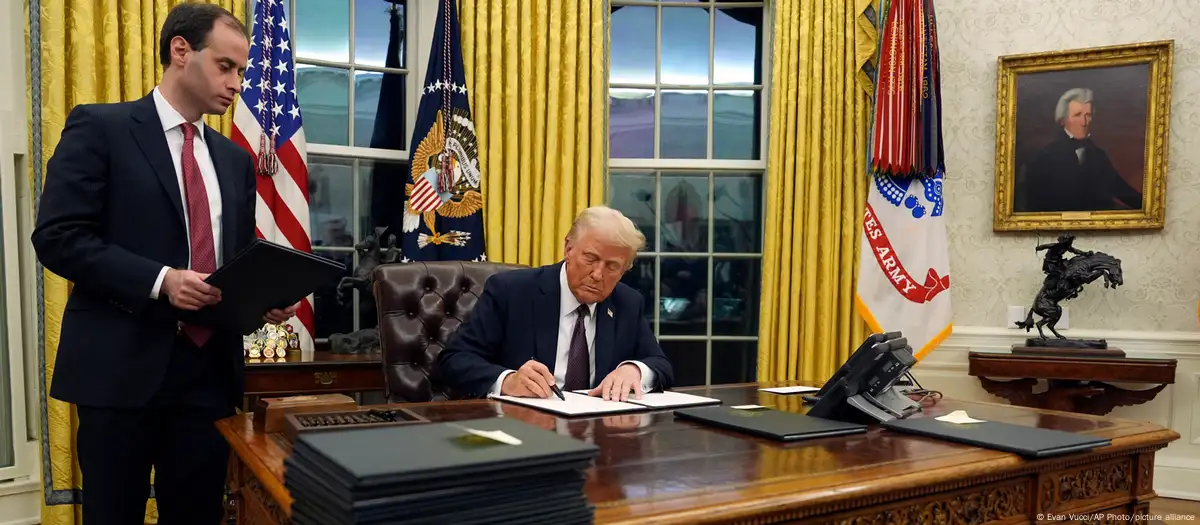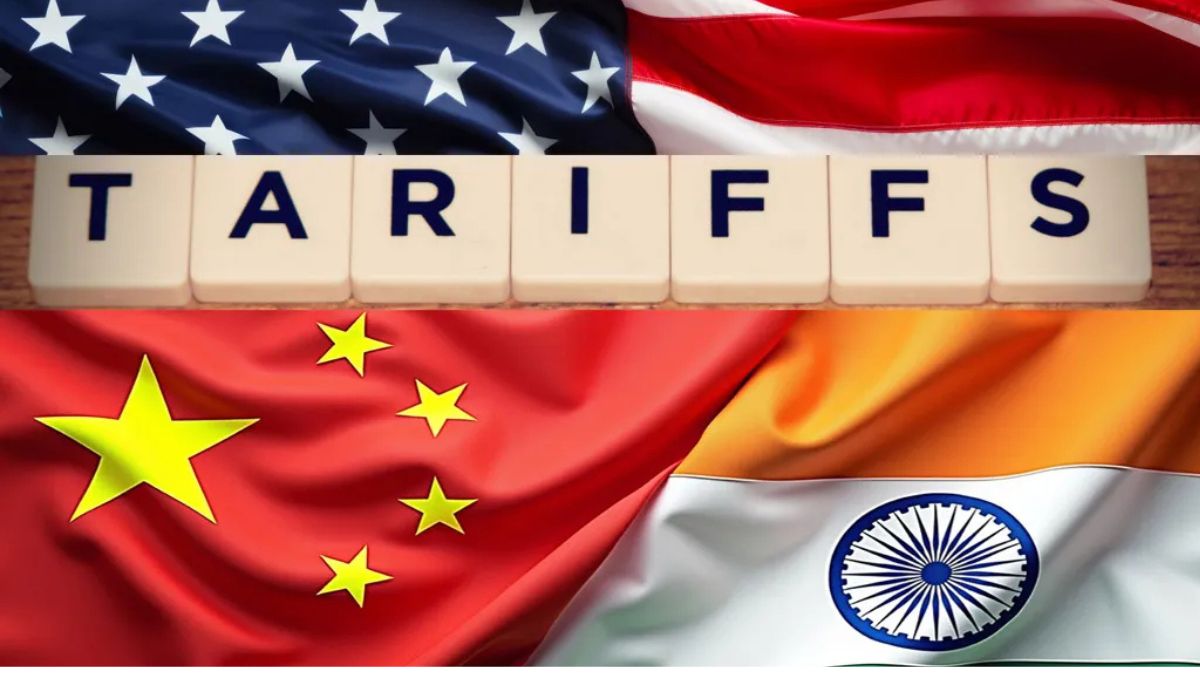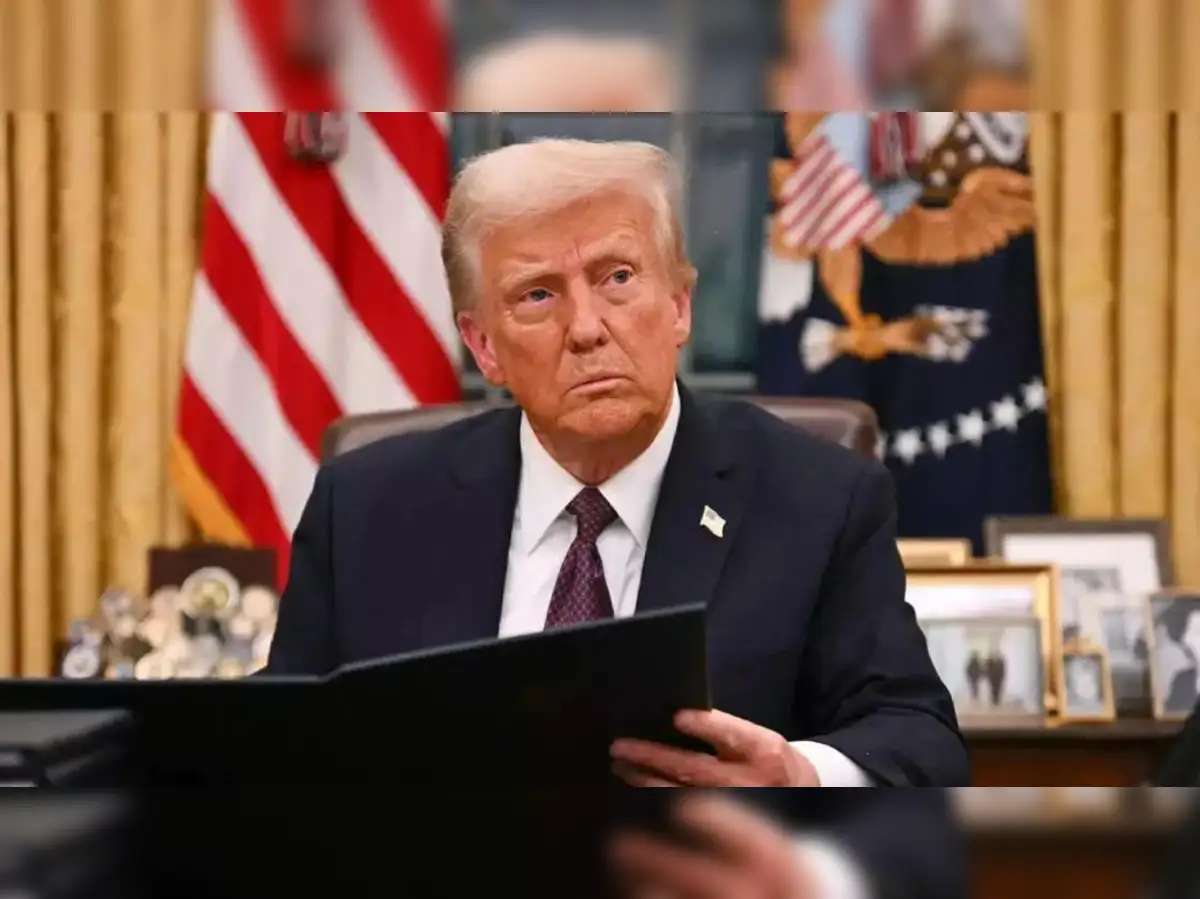
The decision by the United States under President Donald Trump to withdraw from international pandemic reform initiatives marks a significant turning point in global health politics. Amid ongoing challenges posed by COVID-19 and other emerging infectious diseases, this move signals a shift in the US’s approach to international cooperation in health crisis management. While global health experts emphasize the importance of unified efforts, the Trump administration prioritized a more unilateral stance, citing concerns over sovereignty and the effectiveness of international organizations.
Background: The Origins of Global Pandemic Reforms
In recent years, the global community has recognized the need for a more coordinated response to health emergencies. The World Health Organization (WHO), along with various international bodies, have spearheaded reforms aimed at strengthening pandemic preparedness, response protocols, and funding mechanisms. These efforts include:
- Enhanced surveillance systems to detect outbreaks early
- Streamlined communication channels among countries and stakeholders
- Increased funding and resource allocation for research and response teams
- Legal frameworks that facilitate swift international action during crises
Global health leaders have argued that such reforms are vital for preventing catastrophic loss of life and economic stability. The US, as a major global player, has historically contributed significantly to these efforts, both financially and diplomatically.
Trump’s Decision: The Withdrawal and Its Rationale
In a move that has sparked widespread debate, President Trump announced the US’s decision to exit the ongoing pandemic reform initiatives led by the WHO. According to reports, the administration’s main reasons included:
- Concern over the WHO’s handling of past health crises, particularly the COVID-19 pandemic
- Perception that international organizations infringe on US sovereignty
- Financial disagreements, including the US’s contributions to WHO’s budget
- Desire to redirect funds toward domestic health initiatives
This departure effectively isolates the US from certain multilateral health efforts, raising questions about the country’s leadership role on the global stage in future health crises.
Implications of the Withdrawal
Global Health Security
The withdrawal could weaken global health security, as reduced US participation may lead to gaps in surveillance, data sharing, and rapid response capabilities. With the US traditionally being a key contributor to research and development, its absence might slow innovation and the dissemination of critical health information during outbreaks.
Diplomatic and Political Ramifications
Diplomatically, the move risks damaging the US’s reputation as a leader in international cooperation. Allies and partner nations may question the US’s commitment to shared goals in health security, potentially leading to diminished cooperation on other global issues.
Domestic Health Policy and Preparedness
Internally, the focus on prioritizing domestic health efforts may result in better resource allocation within the US. However, experts warn that infectious diseases do not respect borders; thus, neglecting international collaboration could ultimately undermine American health security as well.
Responses from Global and Domestic Stakeholders
World leaders, public health officials, and organizations have expressed concern over the US withdrawal. WHO officials have lamented the setback, emphasizing the importance of united efforts in global health governance. Many argue that absolute isolation is impractical, as infectious diseases are inherently transnational.
In contrast, some domestic political figures support the decision, citing sovereignty and budget concerns. They argue that the US should focus on strengthening its own health infrastructure without being bound by international mandates.
Future Outlook: What Lies Ahead?
The US withdrawal from global pandemic reforms raises several questions about future international health collaborations:
- Will other countries follow suit, leading to a fragmented global health system?
- Can bilateral or regional partnerships compensate for the US’s absence?
- What measures will be put in place to mitigate potential vulnerabilities in global health security?
Experts suggest that a collaborative approach remains essential for tackling future pandemics. Rebuilding trust and establishing flexible, resilient partnerships might be necessary to ensure that global health efforts are not compromised.
Conclusion: Balancing National Interests with Global Responsibility
The decision by the Trump administration to withdraw from global pandemic reform efforts underscores the tension between national sovereignty and global responsibility. While safeguarding domestic interests is understandable, infectious diseases require collective action. The challenge moving forward is to develop systems that serve both national priorities and the global good—ensuring that the world remains resilient against future health threats.
As the world continues to grapple with complex health emergencies, the importance of international cooperation cannot be overstated. The US’s exit from pandemic reforms is a reminder of the need for unified efforts and shared responsibility in safeguarding global health security.
For more updated news please keep visiting Prime News World.









